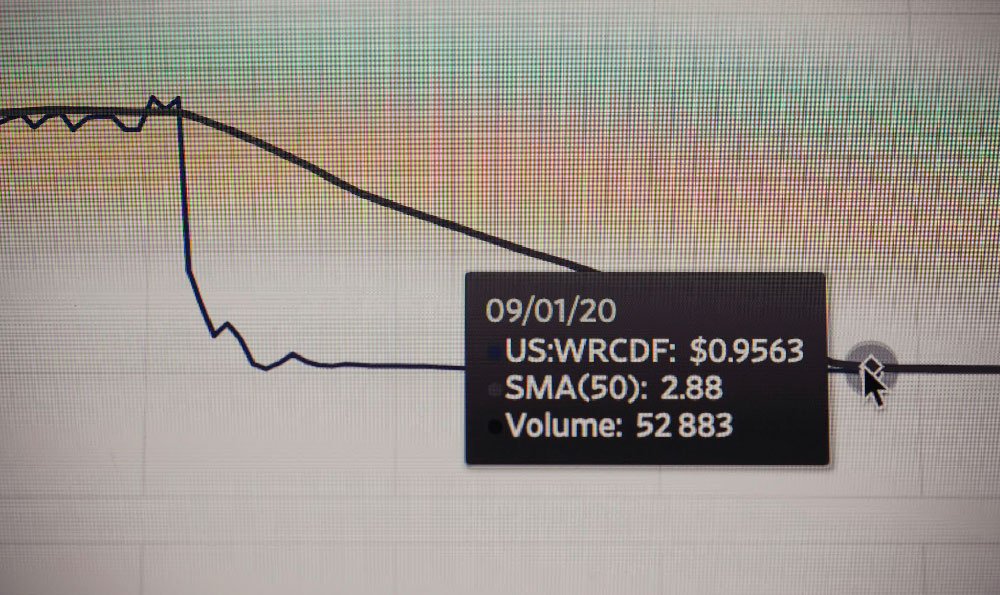How did Chuck Schumer get so rich? What are his wealth sources?
Here's an article exploring the wealth of Chuck Schumer, focusing on potential sources and investment strategies, optimized for SEO and adhering to your length and structure requirements.
Unpacking the Financial Portfolio of Chuck Schumer: A Look at Wealth Accumulation
Chuck Schumer, a prominent figure in American politics, has served in Congress for decades. As such, questions surrounding his financial status and the origins of his wealth inevitably arise. Understanding the financial landscape of public figures like Schumer is crucial for transparency and informed civic engagement. While pinpointing exact figures and strategies without direct access to his financial records remains challenging, a reasonable assessment can be built through publicly available information, including financial disclosures, media reports, and analysis of standard investment practices for individuals in similar income brackets.

Salary and Benefits: A Foundation of Financial Stability
A primary source of income for any long-serving politician is their salary. As a United States Senator and former House Representative, Schumer has received a consistent income from taxpayer dollars. This salary, while subject to change over the years, provides a stable foundation for financial planning and investment. Beyond the base salary, Congressional members also receive benefits packages that can include healthcare, retirement plans, and other perks. These benefits contribute significantly to long-term financial security and wealth accumulation. It's important to remember that consistent saving and strategic allocation within these retirement vehicles can lead to substantial growth over decades of service.
Investments and Financial Planning: Diversification and Long-Term Growth
Beyond salary and benefits, the most likely avenue for wealth accumulation is through investments. Schumer, like many individuals with disposable income, likely invests in a diversified portfolio of assets. This might include stocks, bonds, mutual funds, and real estate. The specifics of these investments are generally detailed in publicly available financial disclosure reports required for members of Congress.
Analyzing Financial Disclosures: These disclosures offer valuable insights, but it’s essential to understand their limitations. Assets are typically reported in broad ranges rather than exact figures. This makes precise calculation difficult, but it provides a general overview of investment holdings. For example, a disclosure might indicate an investment in a mutual fund valued between $50,001 and $100,000.
The Power of Compounding: Regardless of the specific investment choices, the principle of compounding plays a significant role over a long period. Consistent investment, even in relatively modest amounts, can yield substantial returns over decades. This is particularly true when investments are held within tax-advantaged accounts like 401(k)s or IRAs, where earnings can grow without being taxed until withdrawal.
Real Estate Holdings: Real estate can be a significant contributor to net worth. While specific information on Schumer's real estate holdings would need to be gleaned from public records and disclosures, it's a common investment strategy for individuals seeking to diversify their portfolio and build long-term wealth.
Book Royalties and Outside Income: Supplemental Revenue Streams
Some politicians supplement their income through book royalties, speaking engagements, or other outside activities. While this is subject to ethical considerations and limitations imposed by Congressional rules, it represents a potential source of additional revenue that can be invested or used to enhance their financial position. Disclosures would reveal the amounts and sources of any such income. The key aspect is whether these incomes are substantial enough to significantly impact the Senator's overall wealth accumulation.
Family Wealth and Inheritance: A Potential Contributing Factor
While less directly attributable to personal earnings, family wealth and inheritance can also contribute to an individual's overall financial standing. It’s important to remember that inheritance is distinct from personal earnings and investment strategies. Public records and disclosures rarely detail specifics about family wealth, making it difficult to assess its direct impact.
Ethical Considerations and Transparency: Maintaining Public Trust
It's crucial to consider the ethical implications of a politician's wealth. Transparent financial disclosures are vital for maintaining public trust and preventing conflicts of interest. The public has a right to know about potential influences on a politician's decisions, and scrutiny of financial holdings is a necessary part of democratic accountability. The extent to which a politician's wealth is acquired through ethical and transparent means is essential for maintaining public confidence.
Conclusion: A Multifaceted Picture of Wealth Accumulation
Chuck Schumer's wealth is likely the result of a combination of factors, including a long-term career in public service, strategic investment practices, and potentially, family wealth or outside income. Analyzing his financial disclosures, understanding investment principles, and considering the ethical implications are all essential for forming a comprehensive picture of his financial standing. Without direct access to private financial records, a definitive answer remains elusive, but public information allows for a reasoned assessment of the likely sources and strategies contributing to his overall wealth. Furthermore, it highlights the importance of financial transparency and ethical considerations in public service. The scrutiny of a public official's finances ensures accountability and upholds the integrity of the democratic process.















